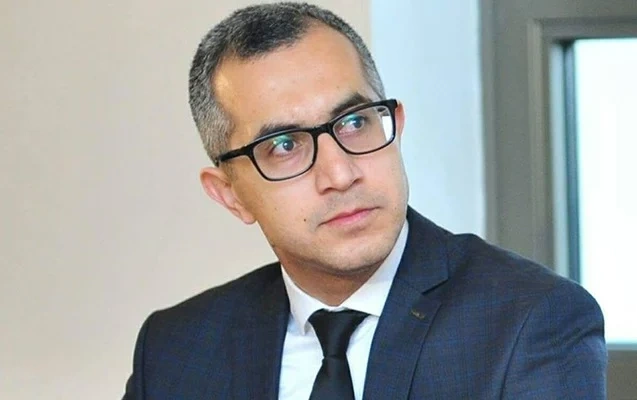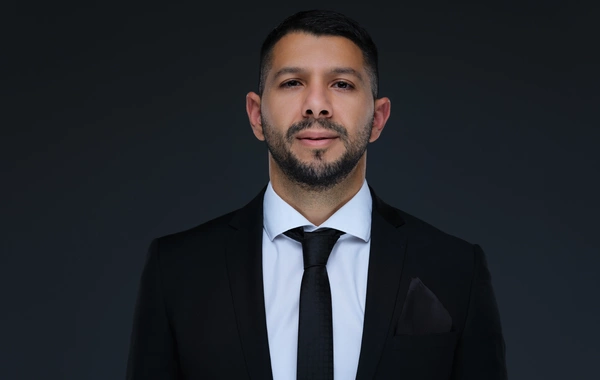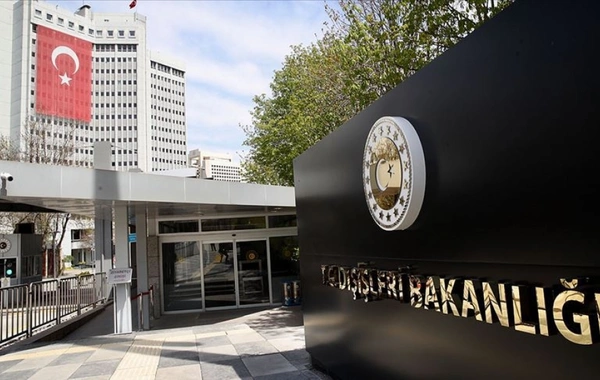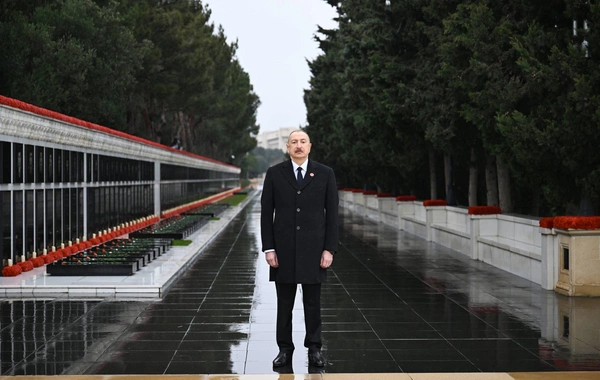Graduates of which specialties most often remain unemployed

"According to the latest report from the State Employment Agency, the majority of unemployed individuals with higher education are those who received education in specialties such as law, business organization, international relations, and journalism."
This was stated by education expert Kamran Asadov in his commentary for BAKU.WS.
Gallery
According to him, when choosing a specialty, applicants should pay attention not only to the passing score but also to the real demands of the labor market, the educational opportunities of the university, and the future prospects of the specialty:
"Unfortunately, in many cases, applicants choose specialties simply with high passing scores or those considered 'prestigious,' but this subsequently leads to difficulties in finding employment. This shows that the mismatch between specialties offered in the higher education system and the real requirements of the labor market still persists. According to Article 4.0.4 of the Law 'On Education,' one of the basic principles of the education system is to ensure the training of personnel in accordance with labor market requirements. However, this principle has not yet been fully implemented in practice. Most university programs are based on theory, practical components are poorly organized, and cooperation with employers is not systematic. If applicants do not take these factors into account when choosing a specialty, they may face difficulties in finding work in their field after receiving higher education."
The expert noted that in global practice, the choice of specialty is based not only on scores and desires but also on individual skills, labor market analysis, and graduate employment indicators. For example, in Germany, when choosing a specialty, students are provided with information about employment prospects, internship programs, and regional demand.
"In Scandinavian countries, taking career guidance tests and receiving career counseling before choosing a specialty is considered a necessary step. Implementing such a system at the stage of specialty selection in Azerbaijan could lead to more informed decisions by applicants. If the higher education system does not respond to these trends with appropriate reforms, universities will turn into institutions that only issue diplomas but have weak connections with the labor market. This serves neither the state's educational strategy nor the future lives of young people. Universities should develop new programs in accordance with the real labor market, apply more transparent and information-supported mechanisms when choosing specialties, and transfer the admission process to a flexible model in accordance with labor market dynamics. If these changes are implemented, the choice of specialty will become more purposeful, and students will be able to occupy more successful positions both during admission and after graduation," emphasized K. Asadov.
Banu Huseynli
Similar News
Development of the travel industry: With the power of passion and digital impact
BAKU.WS presents an interview with the head of "Fahri Travel," Fahri Mamedli: - Fahri, how did your journey in the tourism sector begin? It all started with my...




 Azərbaycanca
Azərbaycanca  По-русски
По-русски  English
English 








